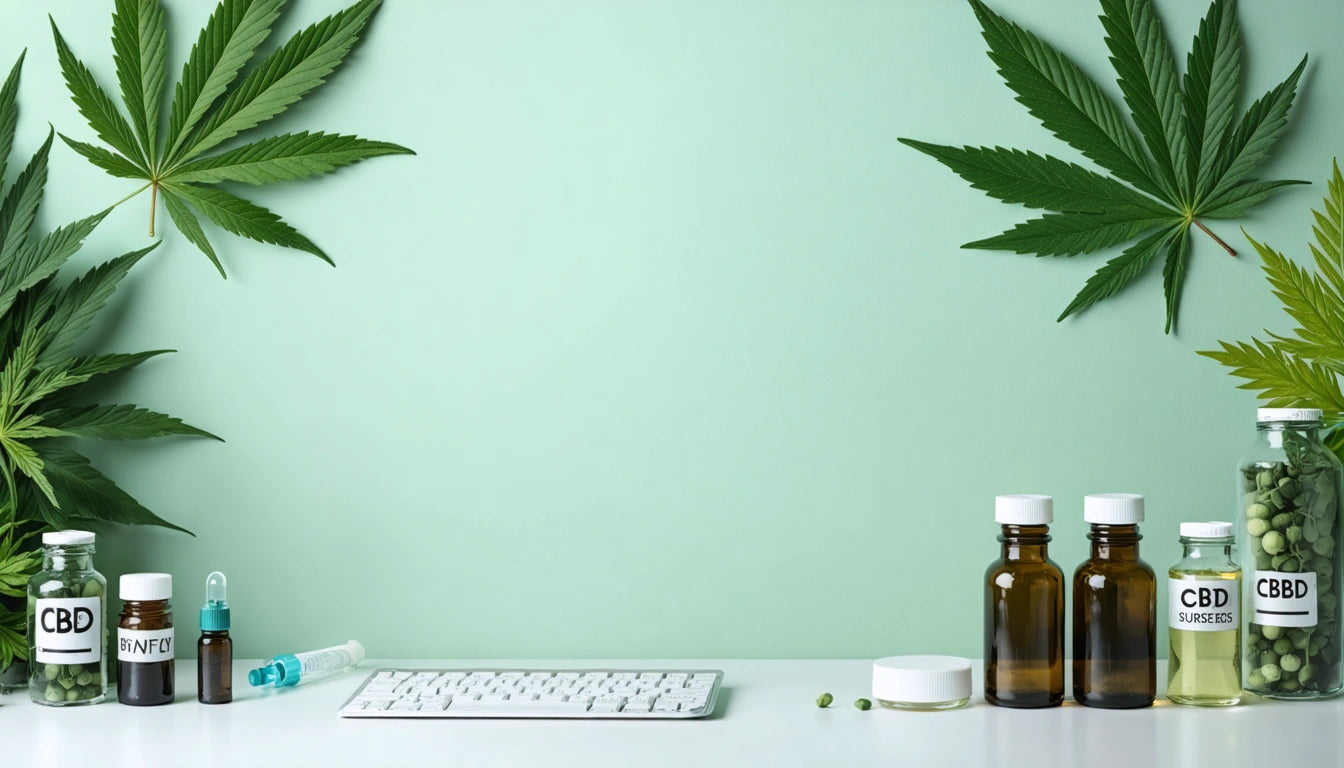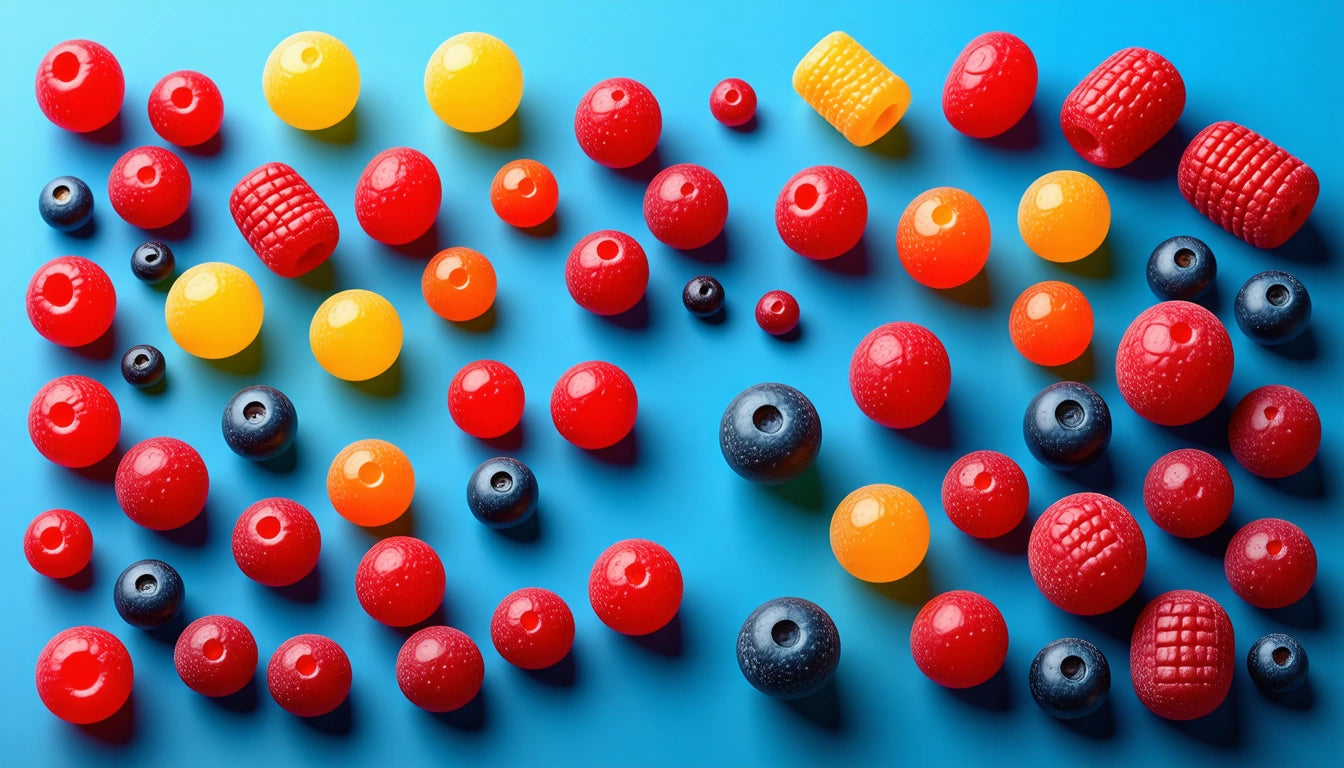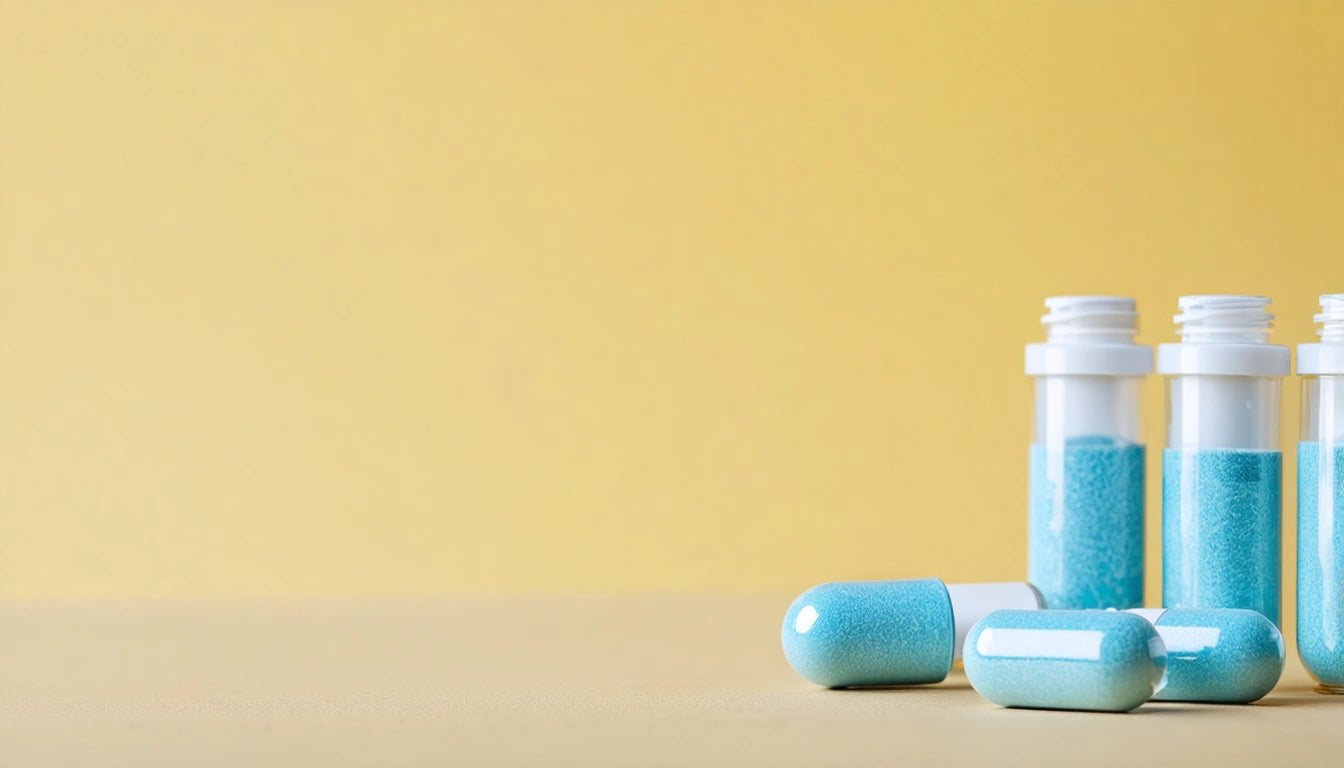Table of Contents
Can CBD Cause a Positive Drug Test?
CBD (cannabidiol) has gained tremendous popularity for its potential wellness benefits without the intoxicating effects associated with THC. However, many consumers worry about whether using CBD products might lead to an unexpected positive result on a drug test. This concern is especially relevant for individuals subject to workplace screening, military personnel, or those in safety-sensitive positions.
Understanding CBD and Drug Testing
Standard drug tests don't specifically look for CBD. Instead, they screen for THC metabolites, primarily THC-COOH, which remains in the body after THC consumption. Pure CBD shouldn't trigger a positive result on these tests. However, as this detailed analysis explains, the reality is more complicated due to product quality issues and testing limitations.
Most employers and organizations use tests with detection thresholds between 15-100 nanograms per milliliter (ng/mL) of THC metabolites. These cutoffs are designed to minimize false positives while catching actual cannabis use.
Why CBD Might Trigger Positive Results
THC Contamination in CBD Products
The primary reason CBD might cause a positive drug test is the presence of THC in the product. This occurs for several reasons:
- Full-spectrum CBD products legally contain up to 0.3% THC
- Manufacturing cross-contamination during production
- Mislabeled products with higher THC content than advertised
- Poor quality control and inadequate third-party testing
Research has shown that consuming full-spectrum CBD products over time can lead to THC accumulation in the body, potentially reaching detectable levels. This resource provides more details on how this accumulation happens and the timeframes involved.
Types of Drug Tests and CBD Detection
Different testing methods have varying sensitivities to THC metabolites:
Urine Tests
The most common screening method, urine tests detect THC-COOH for 3-30 days after use, depending on frequency of consumption. CBD itself doesn't typically cause a positive urine drug screen, but THC contamination might.
Blood Tests
Less common for standard screening, blood tests detect active THC for a shorter window (up to 36 hours). These are less likely to be triggered by CBD product use unless taken very recently.
Hair Tests
Hair follicle tests can detect THC metabolites for up to 90 days but are generally less sensitive to occasional exposure from contaminated CBD products.
Saliva Tests
These detect recent use (24-48 hours) and are becoming more common for roadside testing. CBD products used orally might present a higher risk with this testing method.
When considering these testing methods, it's important to understand that our premium pre-roll packaging solutions are designed to maintain product integrity and prevent contamination, which is crucial for manufacturers concerned about consistent product quality.
Military and Workplace Testing Policies
Military personnel often ask, "does the military test for CBD?" The answer is complicated. The military doesn't specifically test for CBD, but it does prohibit CBD use altogether. The Department of Defense has a zero-tolerance policy regarding THC, and service members can face disciplinary action for any positive THC result, regardless of whether it came from CBD products.
Similarly, many federal agencies and safety-sensitive positions (like transportation workers) follow strict guidelines that don't differentiate between THC from marijuana use and THC from legal CBD products. This comprehensive guide explains the complexities of these policies.
Minimizing Risk of False Positives
If you're subject to drug testing but want to use CBD, consider these precautions:
- Choose broad-spectrum or CBD isolate products, which undergo additional processing to remove THC
- Look for products with comprehensive third-party lab testing that specifically measures THC content
- Request Certificates of Analysis (COAs) from manufacturers
- Avoid consuming CBD products before known testing dates
- Consider disclosing CBD use to testing administrators beforehand (where legal)
Keep in mind that legal considerations vary by state and country, so research local regulations before using any CBD product if you're subject to testing.
Legal Considerations and Consumer Protection
The legal landscape surrounding CBD and drug testing is evolving. Some states have implemented consumer protections for CBD users who fail drug tests, while others offer no such safeguards. If you're concerned about a positive test result from CBD use, consider:
- Documenting your CBD purchases and keeping product packaging
- Saving Certificates of Analysis for products you use
- Understanding your workplace drug policy and state laws
- Consulting with an attorney if you experience employment consequences
The FDA continues to develop regulations for CBD products, which may eventually include standardized testing requirements that could reduce the risk of THC contamination. Until then, consumers should remain cautious, especially those in positions where drug testing is mandatory.
While CBD itself won't cause a positive drug test, the THC that may be present in CBD products can. By understanding testing methods, choosing products carefully, and staying informed about policies in your workplace or organization, you can make educated decisions about CBD use while minimizing potential testing risks.











Leave a comment
All comments are moderated before being published.
This site is protected by hCaptcha and the hCaptcha Privacy Policy and Terms of Service apply.